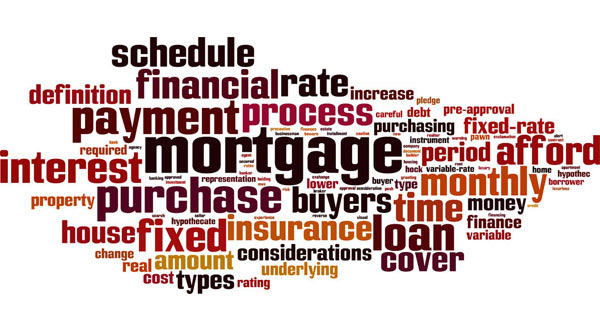
The prospect of becoming a first-time homebuyer is exciting and often leads people straight down the rabbit hole of searching endless listings online. Although this is going to be an exciting part of your first buy journey, there are a lot of considerations to make before you start looking for your dream home.
Assess Existing Debt
When applying for a mortgage, potential lenders need to know that you can handle any existing debt. A great way to work out whether you can afford your existing debt and a new repayment is with the debt-to-income (DTI) ratio. To be in a good position, your total repayments after adding the mortgage should come to less than 36% but certainly no more than 43%.
Check Your Credit Score
The way you manage debt is tied to your credit score, which looks at how much you owe, your payment history, length of credit history, and any new credit. Most services score credit on a 0-1000 rating, where 670-739 is considered “good”. However, if you’re searching for approval through the Federal Housing Association (FHA), you’ll be just fine with a rating of 500-619. To find out more and learn how to qualify for FHA loans, follow the link.
Set a Strict Budget
When you buy a new home, your current budget will shift to accommodate costs like mortgage repayments, property tax, insurance, and ongoing maintenance. Naturally, you need to ensure you can afford these costs before making the move.
When it comes to applying for a mortgage, many lenders will ask for evidence that you’ve got around two months of finances saved up. For example, if the predicted mortgage, insurance, and tax total $1500, you must have $3000 saved up.
Down Payments
The down payment you make for your home will tell mortgage lenders how much of a potential risk you are. Typically, these range from 3.5% – 20%, but it depends on the lender and individual capabilities. Even though you can get a mortgage with a low down payment, it’s often better to pay as much as possible. After all, the more money you’ve paid, the less likely you are to turn your back on the investment and leave the bank out of pocket.
Preapproval
Before you get stuck into searching for properties, we recommend getting preapproved for your mortgage. Doing this will detail the total you can borrow, what your down payment will be, and what repayments you’ll have to make. Knowing this before searching and applying will put you in control because you can avoid disappointments and save time. Additionally, being preapproved tells lenders that you’re serious about buying, and many lenders won’t even take a look at those without pre-approval.
Compare Mortgages
Every lender will have different interest rates, lender fees, closing costs, and repayments. Therefore, it makes sense to compare your choices without signing on the dotted line. On average, people that look at five lenders can save around $3000 on their mortgage.
Now that you have a firm handle on your existing financial health and positioned yourself as a serious buyer, it’s time to start searching for that dream home.





